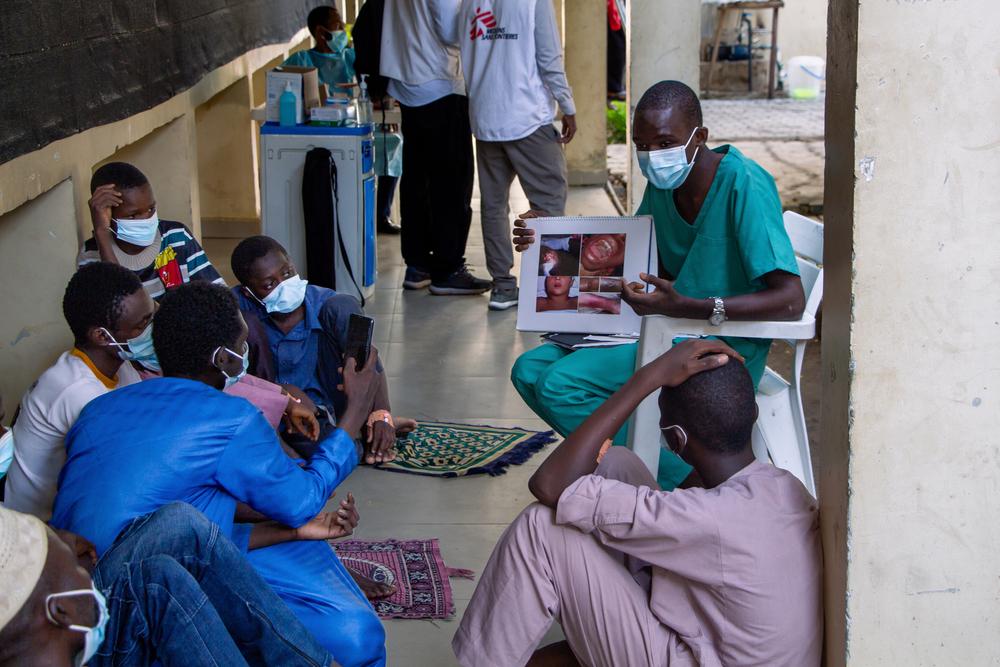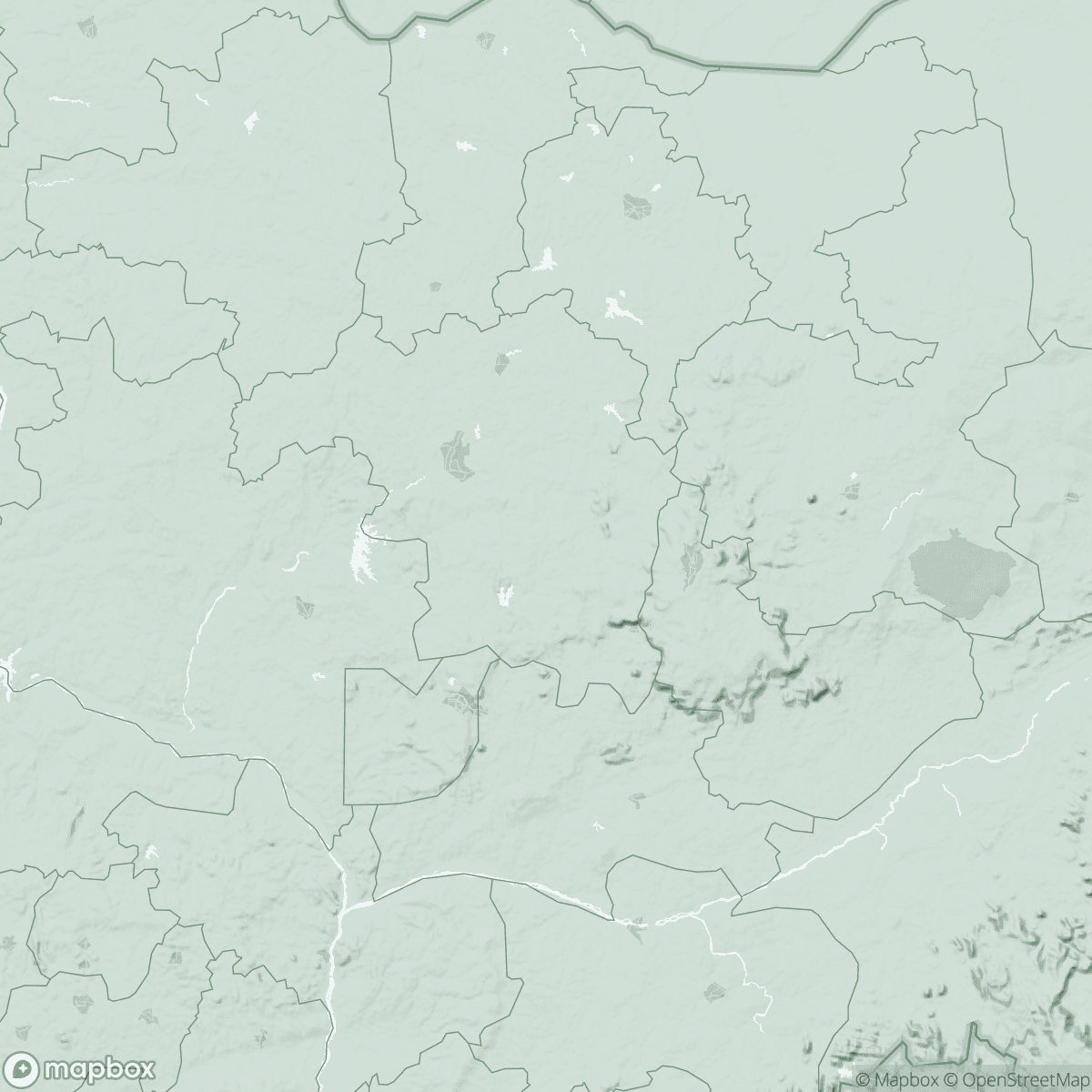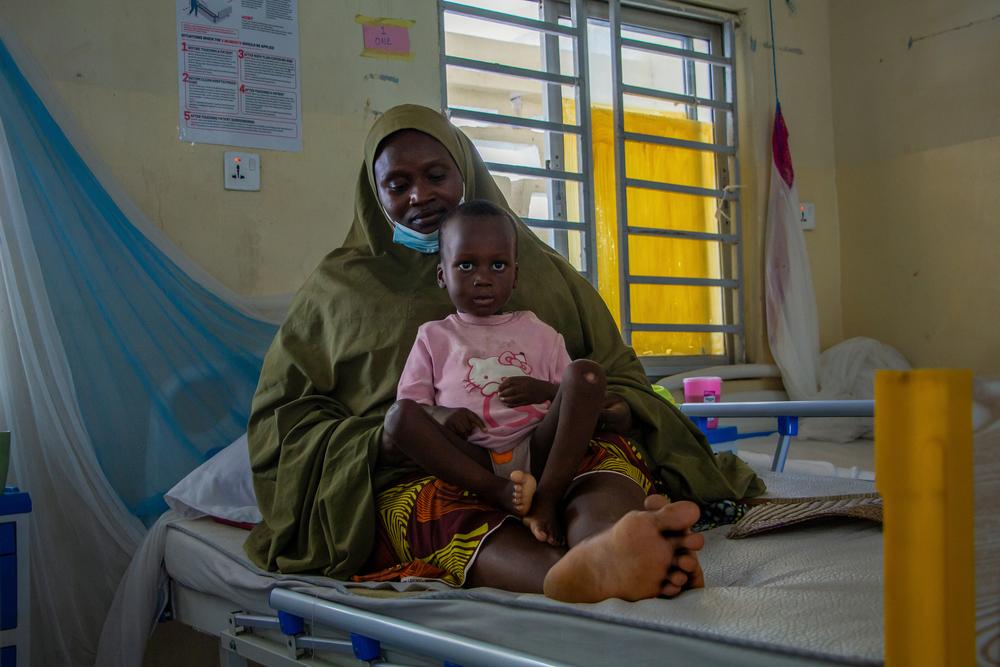
MSF urges immediate response to Nigeria’s worsening diphtheria outbreak
In 1 click, help us spread this information :
We’re currently seeing more than 700 people with suspected diphtheria and admitting more than 280 patients on a weekly basis in Kano state’s two diphtheria treatment centres,” says Dr Hashim Juma Omar, MSF emergency project medical doctor. “Women and children aged under five are the most vulnerable groups and are the people most affected right now in Kano state. And they really need help.”
Diphtheria is a highly contagious and potentially life-threatening bacterial disease which can present in respiratory or cutaneous forms. Without treatment, it can kill half of people infected; even with treatment, the disease is still fatal in five per cent of patients. Nigeria’s Centre for Disease Control declared an outbreak of the disease on 20 January 2023; between May 2022 and early September 2023, over 6,000 confirmed cases were recorded. Around 4,000 suspected cases were recorded in the country in August 2023 alone, with over three-quarters coming from Kano state.
MSF teams are responding to the outbreak in Kano, Borno and Bauchi states. However, responding to the outbreak has proved challenging, due to a worldwide shortage of lifesaving diphtheria antitoxin used in treatment, caused by dwindling production capacity.
While we provided 2,000 doses of diphtheria antitoxin last month in Kano, securing doses of the antitoxin has been one of the biggest challenges in this crisis,” says Dr Omar. “We have placed an urgent additional order of 5,000 doses to cover the needs in our projects, but still, it is not enough.”
In addition to urgent antitoxin and vaccination needs, we urge international organisations to immediately scale up improved surveillance and contact tracing, and measures to strengthen the local health system.


